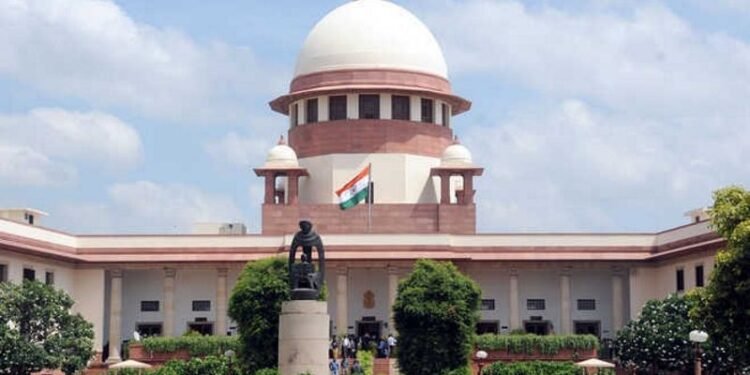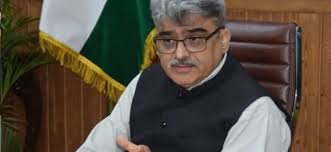“Having gone through the review petition and also the documents enclosed, we do not find any good ground and reason to review the order dated August 2, 2024. Accordingly, the review petition is dismissed,” a Bench of Chief Justice Sanjiv Khanna, Justice JB Pardiwala and Justice Manoj Misra said in its March 26 order, dismissing the review plea filed by Khem Singh Bhati.
Highlighting discrepancies in the judicial reasoning of the August 2 order, the review petition said it indirectly modified the Constitutional Bench judgment by dismissing petitions based on the assumption of quid pro quo between donors and political parties as speculative.
Evidence disclosed under court direction clearly established such reciprocal arrangements, contradicting the court’s earlier conclusions, contended the petitioner.
Introduced through the Finance Act, 2017, an electoral bond is a bearer instrument like a Promissory Note, which can be purchased by an Indian citizen or an Indian company whose identity would remain secret from everybody except the SBI from whom it has to be purchased. Once purchased, the buyer can give it to a political party, which could encash it using its bank account. The scheme was notified on January 2, 2018.
However, ahead of the 2024 Lok Sabha election, a five-judge Constitution Bench led by CJI DY Chandrachud had declared the scheme unconstitutional on February 15, 2024. The Bench said it infringed upon the right to information of the voter by anonymising contributions through electoral bonds and is violative of Article 19(1)(a) (right to freedom of speech and expression).
Alternatively, Singh had wanted the top court to direct the Income Tax Department to reopen assessment of all the beneficiary political parties from the financial year 2018-2019 to 2023-2024 and disallow the exemptions of income tax claimed by them under Section 13A of the Income Tax Act. He had demanded that income tax should be levied on the amounts received by them through electoral bonds, along with interest and penalty.



















